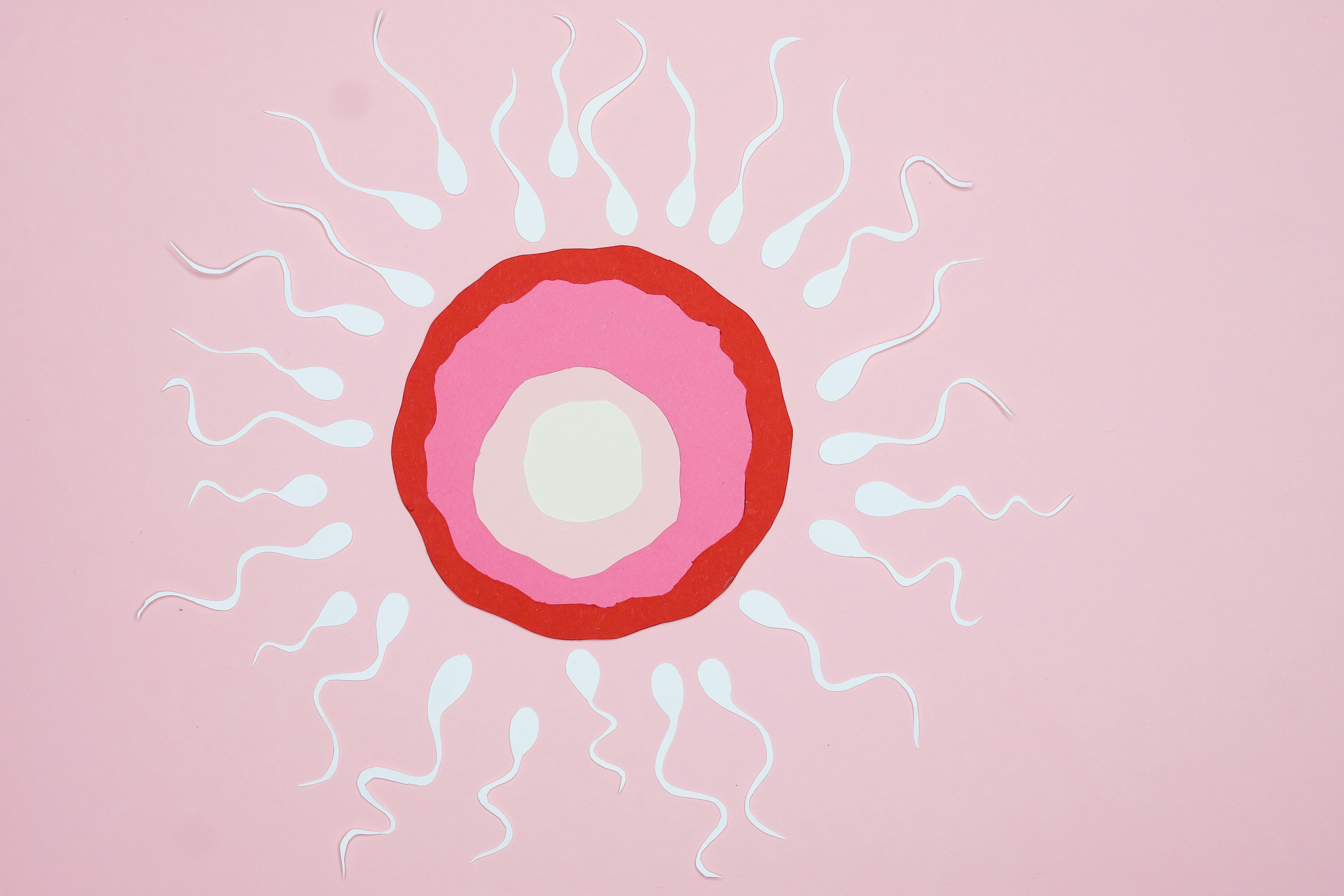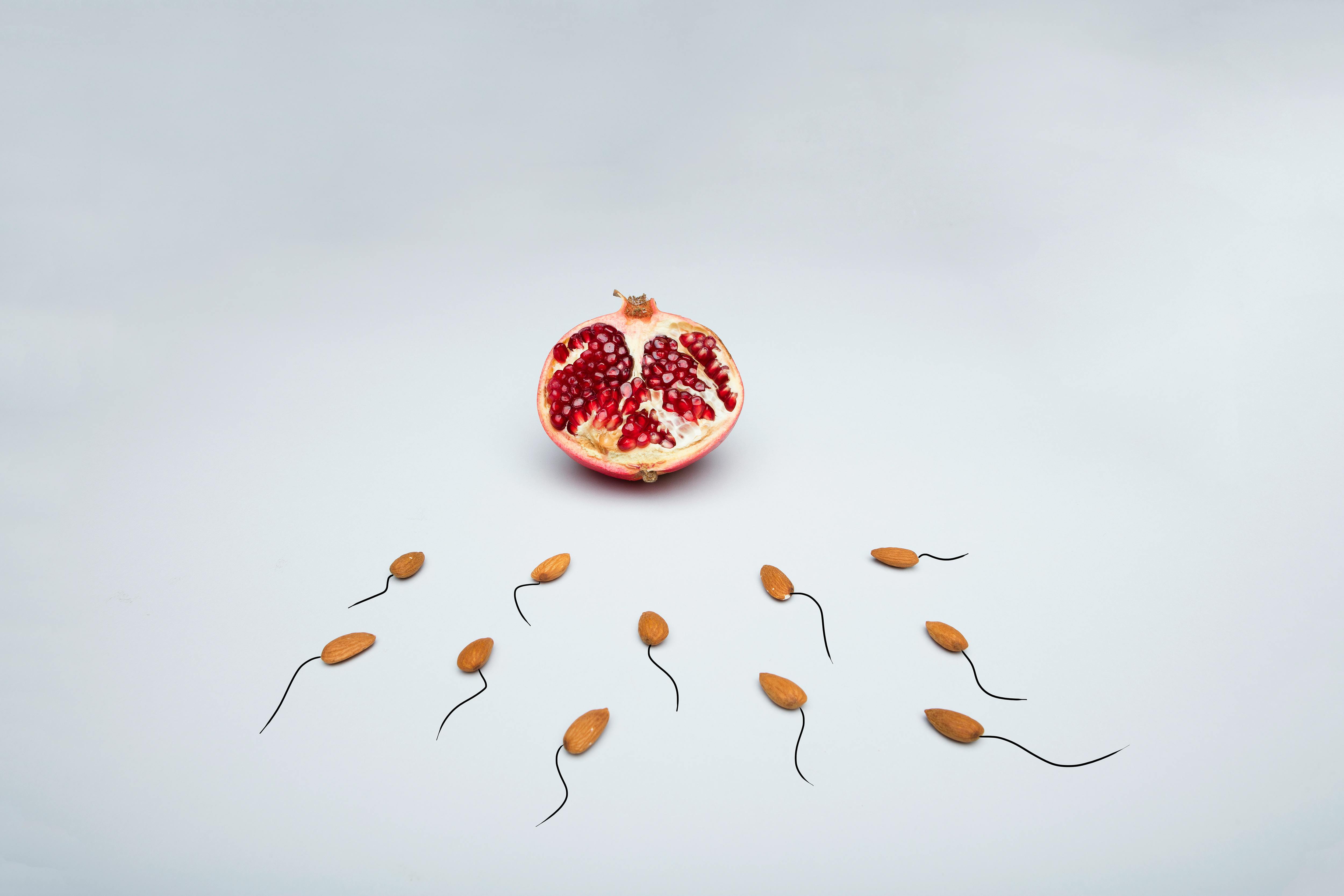When ICSI doesn't result in fertilization, it can feel devastating and confusing. You're not alone in this experience, and understanding what might have gone wrong is the first step toward finding a path forward that works for you.
Understanding ICSI Fertilization Failure
ICSI (Intracytoplasmic Sperm Injection) is designed to overcome many fertilization challenges by directly injecting a single sperm into each mature egg. However, even with this advanced technique, fertilization doesn't always occur. Complete fertilization failure happens in approximately 1-5% of ICSI cycles, while partial failure affects about 10-15% of cases.
When fertilization fails after ICSI, it means the sperm and egg didn't successfully combine to form an embryo, despite the mechanical injection. This can happen for several biological reasons that we'll explore together.
What Causes ICSI Fertilization Failure?
Understanding the potential causes can help you and your medical team develop a better strategy for future cycles. Here are the main factors that contribute to fertilization failure:
| Factor | Description | Impact on Fertilization |
|---|---|---|
| Egg Quality Issues | Eggs may appear mature but lack proper cellular machinery | High - affects 40-50% of cases |
| Sperm DNA Fragmentation | Damaged genetic material in sperm despite normal appearance | Moderate to High - 20-30% of cases |
| Oocyte Activation Defects | Egg fails to respond properly to sperm injection | Moderate - 15-25% of cases |
| Laboratory Factors | Technical issues during the ICSI procedure | Low - 5-10% of cases |
| Timing Issues | Eggs retrieved too early or too late in maturation | Moderate - 10-20% of cases |
The most common cause relates to egg quality issues, which can be influenced by age, ovarian reserve, and underlying health conditions. Even eggs that look mature under the microscope may lack the internal mechanisms needed for successful fertilization.
Age and Fertilization Success Rates
Your age significantly impacts both egg quality and fertilization rates, even with ICSI. Here's what the data shows:
| Age Group | ICSI Fertilization Rate | Key Considerations |
|---|---|---|
| Under 30 | 75-85% | Highest success rates, best egg quality |
| 30-34 | 70-80% | Good success rates, minimal decline |
| 35-39 | 60-75% | Noticeable decline in egg quality |
| 40-42 | 45-65% | Significant quality concerns |
| Over 42 | 30-50% | Consider donor egg options |
These rates represent averages, and individual results can vary significantly based on your specific circumstances and overall health profile.
Sperm-Related Factors in ICSI Failure
While ICSI bypasses many male fertility issues, sperm quality still matters for successful fertilization. High DNA fragmentation is particularly problematic because it affects the sperm's ability to properly activate the egg after injection.
According to Dr. Ashok Agarwal, a leading reproductive medicine specialist, "Even with ICSI, sperm DNA integrity plays a crucial role in fertilization success. Sperm with high DNA fragmentation rates may fail to properly activate the oocyte, leading to fertilization failure" (Agarwal et al., 2021).
| Sperm Parameter | Impact on ICSI Success | Potential Solutions |
|---|---|---|
| DNA Fragmentation >30% | Significantly reduced fertilization | Antioxidant therapy, lifestyle changes |
| Poor Morphology | Minimal impact with ICSI | Sperm selection techniques |
| Low Motility | No impact with ICSI | Direct sperm selection |
| Immature Sperm | Moderate impact | Extended culture, selection methods |
If sperm factors contributed to your ICSI failure, improving sperm quality through lifestyle modifications and targeted treatments can significantly improve outcomes in subsequent cycles.
Oocyte Activation and Calcium Signaling
Sometimes the technical aspect of ICSI works perfectly, but the egg fails to "wake up" after sperm injection. This is called oocyte activation failure, and it's responsible for about 15-25% of complete fertilization failures.
During normal fertilization, sperm triggers calcium waves in the egg that initiate embryo development. When this doesn't happen naturally, assisted oocyte activation (AOA) techniques can help. These involve using calcium ionophores or other agents to artificially trigger the activation process.
Laboratory Factors and Technical Considerations
The quality of your fertility clinic's laboratory and the expertise of embryologists play crucial roles in ICSI success. At Avida Fertility, we understand that even minor technical variations can impact outcomes.
| Laboratory Factor | How It Affects ICSI | Quality Measures |
|---|---|---|
| Embryologist Experience | Injection technique and timing | Specialized training, success tracking |
| Equipment Quality | Precision of sperm injection | Regular calibration, modern technology |
| Culture Conditions | Egg and embryo environment | Optimal temperature, gas levels |
| Sperm Preparation | Selection of best sperm | Advanced selection techniques |
Research by Dr. Jacques Cohen, a pioneer in assisted reproduction, emphasizes that "laboratory quality and embryologist skill significantly influence ICSI outcomes. Even with perfect gametes, suboptimal laboratory conditions can lead to fertilization failure" (Cohen et al., 2020).
What to Do After ICSI Fertilization Failure
Experiencing fertilization failure doesn't mean your journey ends here. There are several strategies and modifications that can improve your chances in future cycles:
Immediate Next Steps
First, schedule a detailed consultation with your fertility team to review what happened. This analysis should include examining egg quality, sperm parameters, laboratory conditions, and timing factors. Don't hesitate to ask for a second opinion if you feel uncertain about the recommendations.
Diagnostic Testing Options
| Test | What It Reveals | When Recommended |
|---|---|---|
| Sperm DNA Fragmentation | Genetic integrity of sperm | After any fertilization failure |
| Anti-Müllerian Hormone (AMH) | Ovarian reserve status | To assess egg quantity potential |
| Karyotype Analysis | Chromosomal abnormalities | Recurrent failures |
| Antral Follicle Count | Remaining egg supply | Planning future cycles |
These tests help identify specific issues that might have contributed to fertilization failure and guide treatment modifications for your next attempt.
Treatment Modifications for Future Cycles
Based on your specific situation, several modifications might improve your next ICSI cycle:
| Modification | Purpose | Success Improvement |
|---|---|---|
| Assisted Oocyte Activation | Trigger egg activation artificially | 60-80% in activation failure cases |
| Different Stimulation Protocol | Improve egg quality and timing | Variable, protocol-dependent |
| Sperm Selection Techniques | Choose healthiest sperm | 10-20% improvement |
| Extended Sperm Preparation | Reduce DNA fragmentation | 15-25% improvement |
| Preimplantation Genetic Testing | Identify chromosomally normal embryos | Improves pregnancy rates |
Alternative Treatment Options
If ICSI continues to fail, several alternative approaches might be appropriate for your situation:
Donor Gamete Options
When egg or sperm quality issues persist, donor eggs or donor sperm can provide excellent success rates. Many patients find this option gives them the best chance of achieving pregnancy while still allowing one partner to contribute genetically.
Split Cycle Approaches
Some clinics offer split cycles where half your eggs undergo ICSI and half undergo conventional IVF. This approach can help identify whether ICSI is necessary and sometimes reveals that conventional fertilization works better for your specific situation.
Emotional Support and Coping Strategies
Dealing with fertilization failure brings unique emotional challenges. You might feel like your body has failed you, or worry that you'll never achieve pregnancy. These feelings are completely normal and valid.
Emotional support during this time is crucial. Consider connecting with counselors who specialize in fertility issues, joining support groups, or working with mental health professionals who understand the unique stresses of fertility treatment.
| Coping Strategy | Benefits | How to Access |
|---|---|---|
| Professional Counseling | Specialized fertility support | Clinic referrals, psychology networks |
| Support Groups | Connect with others in similar situations | Online communities, local groups |
| Stress Reduction Techniques | Improve overall well-being | Meditation apps, yoga classes |
| Partner Communication | Strengthen relationship during stress | Couples counseling, open dialogue |
Success Stories and Hope
Many patients who experience initial ICSI fertilization failure go on to have successful pregnancies in subsequent cycles. The key is working with your medical team to identify and address the specific factors that contributed to the failure.
At Avida Fertility, we've seen numerous cases where modifications to protocols, additional testing, or alternative approaches led to successful outcomes after initial setbacks. Your first cycle provides valuable information that helps optimize future attempts.
Frequently Asked Questions
How common is complete fertilization failure with ICSI?
Complete fertilization failure occurs in 1-5% of ICSI cycles, while partial failure (some eggs fertilize, others don't) happens in 10-15% of cases. These rates vary based on age, egg quality, and sperm parameters.
Should I try ICSI again after fertilization failure?
Most fertility specialists recommend trying ICSI again with modifications based on what was learned from the failed cycle. Success rates often improve with protocol adjustments and additional testing.
Can lifestyle changes improve ICSI success rates?
Yes, lifestyle modifications can significantly impact egg and sperm quality. Focus on nutrition, exercise, stress management, and avoiding harmful substances like smoking and excessive alcohol.
When should I consider donor eggs after ICSI failure?
Consider donor eggs if you're over 42, have very low AMH levels, or have experienced multiple cycles with poor egg quality. Your fertility specialist can help determine the best timing for this decision.
How long should I wait between ICSI cycles?
Most clinics recommend waiting at least one menstrual cycle between attempts, though some patients benefit from longer breaks to implement lifestyle changes or complete additional testing.
Moving Forward with Confidence
ICSI fertilization failure is undoubtedly disappointing, but it's not the end of your fertility journey. Each cycle provides valuable information that helps your medical team refine and improve your treatment approach.
The most important thing is working with a fertility clinic that takes the time to thoroughly analyze what happened and develops a personalized plan for moving forward. At Avida Fertility, we believe in comprehensive evaluation, individualized treatment protocols, and unwavering support throughout your journey.
Remember that fertility treatment is often a process rather than a single event. Many patients require multiple cycles or treatment modifications before achieving success. Your persistence, combined with expert medical care, significantly improves your chances of ultimately reaching your goal of parenthood.
Consider exploring strategies after failed IVF and maintaining emotional stability through multiple treatment rounds as you plan your next steps.
Considering IVF treatment? Avida Fertility is here to support and guide you on your fertility journey. Reach out today for a personalized consultation and take the first step towards building your family with confidence.






.png)







.svg)
.svg)
